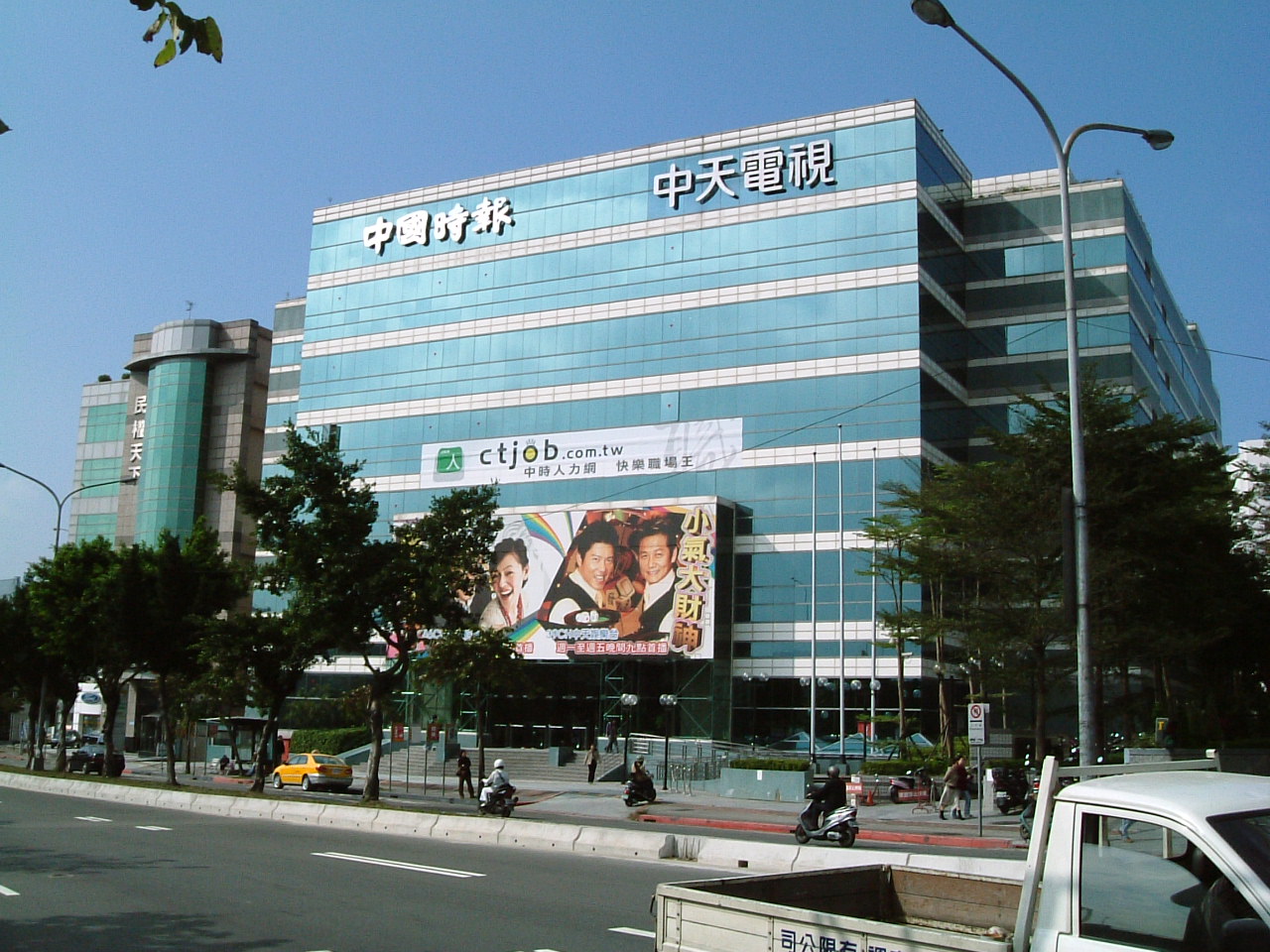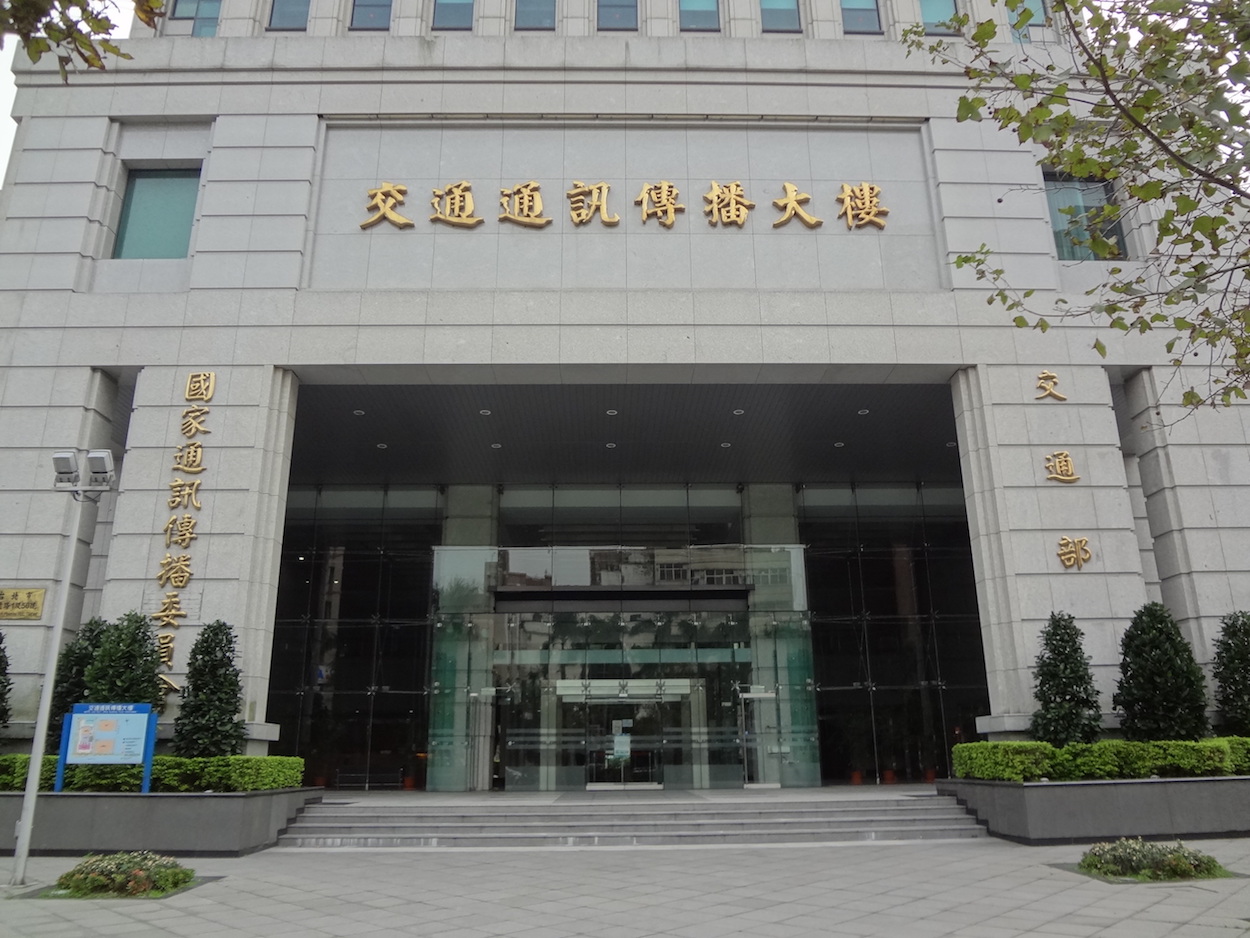by Brian Hioe
語言:
English
Photo Credit: Solomon203/WikiCommons/CC
THE NATIONAL COMMUNICATIONS Commission (NCC) overruled efforts by CtiTV earlier this week to change the broadcast license of one of its news networks to be allowed to broadcast political and news programs on the Cti Variety channel. Two NCC members vetoed the move by CtiTV.
CtiTV, which was taken off air after a ruling by the NCC in November 2018, is owned by the Want Want Group. Want Want Group owner Tsai Eng-meng has made no secret of the fact that his interest in purchasing television outlets such as CtiTV and newspapers such as the China Times was to advance pro-China views in Taiwan.
To this extent, Want Want Group outlets were reported by the Financial Times in July 2019 as directly taking orders from China’s Taiwan Affairs Office (TAO), in allowing the TAO to have a say in its editorial direction and the placement of articles. The Apple Daily reported in April 2019 that the Want Want Group had accepted over 477 million yuan—just over 2 billion NT—from the Chinese government in return for positive coverage between 2017 and 2018.
 The headquarters of CtiTV and the China Times. Photo credit: 竹筍弟弟/WikiCommons/CC
The headquarters of CtiTV and the China Times. Photo credit: 竹筍弟弟/WikiCommons/CC
Moreover, in May 2019, over 70 representatives from Taiwanese media organizations visited Beijing for an event co-organized by the Beijing Newspaper Group and the Want Want Group. The event focused a great deal on cross-strait relations, with participants urged to aid the political unification of Taiwan and China, and involved participant organizations signing a cooperation agreement.
Among the Taiwanese participants in the event were high-ranking staff from some of Taiwan’s largest media organizations, including Fan Ling-jia, the editor-in-chief of the United Daily News, Huang Qing-long, the president of the Want Daily, Wang Feng, president of the China Times, Chen Hong-jin, chair of the Taiwan Broadcasting Association, Ding Wen-qi, chair of the Taiwan Radio and Television Program Association, and Qiu Jia-yu, the chair of CTV. Tsai Eng-meng and former Taichung mayor Jason Hu were also present. High-ranking members of the People’s Daily and Xinhua News were present at the meeting, as was Wang Yang, chairman of the Chinese People’s Political Consultative Conference National Committee.
Regulating Want Want Group-owned outlets has proved difficult, however, with the Tsai administration risking accusations that it is politically persecuting opponents through actions against CtiTV. The NCC ruling that removed CtiTV from broadcast was justified not on the basis of taking orders from the TAO, accepting payment from the Chinese government, or conducting closed door meetings with Chinese government officials, but for misleading news broadcasts.
This included news reports that substantially inflated the crowd count at the inauguration of Kaohsiung mayor Han Kuo-yu and a news report that claimed an “auspicious cloud” shaped like a phoenix had appeared above an event attended by Han along with fellow KMT mayors Lu Shiow-yen and Hou You-yi. CtiTV’s disproportionate reporting on Han was highly visible in the lead-up to 2020 presidential elections, with 70% of all airtime devoted to Han in May 2019. With Tsai Eng-meng having been accused of seeking “media monopoly” in the years prior to the 2014 Sunflower Movement, this was with the view that Tsai intended to be a kingmaker for the KMT through dominance of the media—which may be what Tsai attempted with Han.
After CtiTV’s removal from air, it shifted to streaming programming. Streaming programs continue to attack the Tsai administration with what is, in many cases, misinformation and disinformation. Through its online programs, CtiTV solicits donations from viewers to stay afloat and has sought to cultivate support from its audience, by fostering a sense of being under attack by the Tsai administration.
 The Ministry of Transportation and Communications building, where the National Communications Commission is housed. Photo credit: Solomon203/WikiCommons/CC
The Ministry of Transportation and Communications building, where the National Communications Commission is housed. Photo credit: Solomon203/WikiCommons/CC
In this, CtiTV claims to be the only news network of the pan-Blue camp and that, as the sole remaining media network of the pan-Blue camp it must be defended—even having labelled fellow pan-Blue platforms such as TVBS as pan-Green outlets. After CtiTV’s shift to streaming, the KMT has also sought to frame efforts by the Tsai administration to regulate Chinese streaming providers as a move aimed at cracking down on CtiTV.
While CtiTV has been quite successful in its change to streaming, clearly efforts by CtiTV to reenter broadcast television are not over. It is likely that CtiTV will try to rally pan-Blue politicians in its defense. Taipei mayor Ko Wen-je recently was among those that defended CtiTV in a recorded advertisement, provoking anger from the pan-Green camp. At daily press conferences about the COVID-19 situation, New Taipei mayor Hou You-yi has also been asked about his stance on CECC, though Hou has demurred from any explicit stance currently. In this sense, issues regarding CtiTV seem far from settled.

